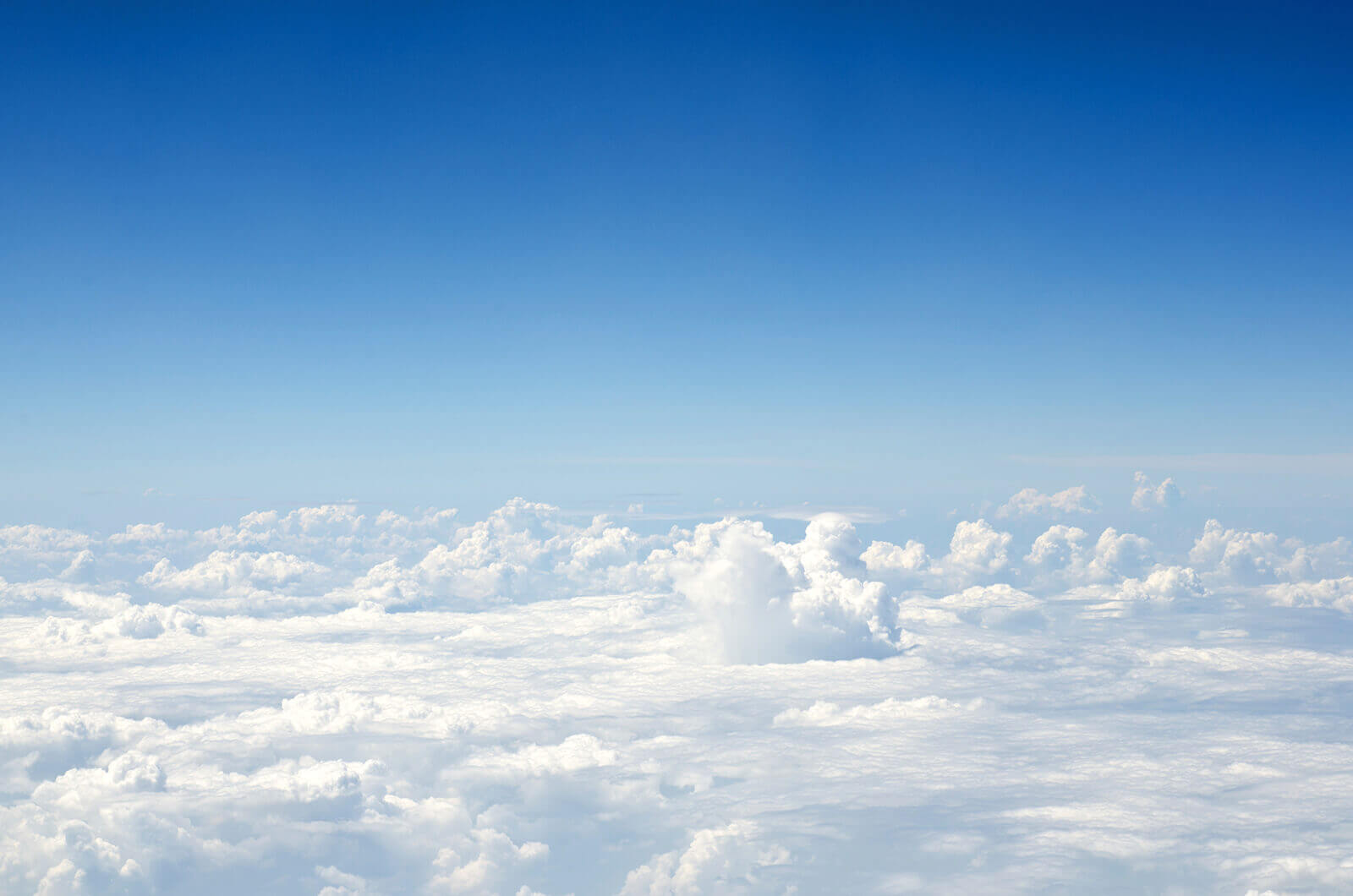
$506+ Cheap flights from Roatan Island to Dulles Intl (IAD)
This is the cheapest one-way flight price found by a Cheapflights user in the last 72 hours by searching for a flight departing on 6/22. Fares are subject to change and may not be available on all flights or dates of travel.
Find cheap flights from Roatan Island to Dulles Intl with Cheapflights
1. Tell us where you want to go
Enter your travel information like dates, passengers, trip type (one-way or round trip), and preferred cabin class then click “Find deals”2. Select your favorite providers
We find the providers serving your travel needs. Choose up to four travel providers to compare side-by-side for flights, hotels, or car rentals.3. Compare prices and book
Review each provider’s pricing and select the best option for you! Book through your favorite provider’s website for a seamless experience.Cheap flight deals from Roatan Island to Dulles Intl
Keep the following information in mind while searching for Roatan Island to Dulles Intl flight deals. Data was last updated abril 17, 2025.
Most accurate provider | FlightHub 3 stars |
|---|---|
Most trusted provider | eDreams 3 stars |
Round-trip from | $810 (Mytrip) |
One-way from | $506 (United Airlines) |
Find flight deals from Roatan Island to Dulles Intl
Cheapest flights from Roatan Island to Dulles IntlExplore the most affordable flight options available from Roatan Island to Dulles Intl. Find the lowest fares from popular airlines and budget airlines, with prices last updated on abril 17, 2025.
Explore the most affordable flight options available from Roatan Island to Dulles Intl. Find the lowest fares from popular airlines and budget airlines, with prices last updated on abril 17, 2025.
Cheapflights Fare Finder
Customize your flight search to find flights from Roatan Island to Dulles Intl that fit within your specific budget. Explore options based on user searches and filter the results based on your desired price range. Find flights that match your budget for a cost-effective journey. Over the last 7 days, Cheapflights users made 2,558,603 searches. Data last updated abril 17, 2025.
Use the filters below to find and compare flights from Roatan Island to Washington, D.C. Dulles Intl Airport that are best for you.
Fly from
Fly to
Route
Depart
Return
Price
Coxen HoleWashington, D.C.
RTB - IAD
RTBIAD
Coxen Hole Roatan
vie. 5/2
2:30 pm-4:20 am
2 stops11h 50m
Washington, D.C. Dulles Intl
dom. 5/25
11:54 am-4:40 pm
3 stops30h 46m
Coxen HoleWashington, D.C.
RTB - IAD
RTBIAD
Coxen Hole Roatan
vie. 5/30
12:48 pm-10:17 pm
1 stop7h 29m
Washington, D.C. Dulles Intl
lun. 8/11
10:32 pm-11:46 am
1 stop15h 14m
Coxen HoleWashington, D.C.
RTB - IAD
RTBIAD
Coxen Hole Roatan
dom. 6/22
12:48 pm-10:23 pm
1 stop7h 35m
Coxen HoleWashington, D.C.
RTB - IAD
RTBIAD
Coxen Hole Roatan
dom. 6/22
1:35 pm-8:38 am
2 stops17h 03m
Best time to book a flight from Roatan Island to Dulles Intl
Have a flexible travel schedule? Discover the best time to fly to Dulles Intl from Roatan Island with our price prediction graph.
Cheapflights Insights
Everything you need to know about your flight from Roatan Island to Washington, D.C. Dulles Intl Airport
Rainfall in Dulles Intl by month
Plan your trip to Dulles Intl by taking into account the average rainfall totals by month.
In terms of precipitation, rainfall in Washington, D.C. Dulles Intl Airport ranges from 2.6 - 4.0 inches per month. May is typically the wettest month, when rainfall can reach 4.0 in. February is typically the driest time to visit Washington, D.C. Dulles Intl Airport when rainfall is around 2.6 in.
Temperature in Dulles Intl by month
Plan your trip to Dulles Intl by taking into account the average temperature totals by month.
If weather is an important factor for your trip to Washington, D.C. Dulles Intl Airport, use this chart to help with planning. For those seeking warmer temperatures, July is the ideal time of year to visit, when temperatures reach an average of 80.6 F. Travelers looking to avoid the cold should look outside of January, when temperatures are typically at their lowest (around 35.6 F).
Reviews of airlines servicing Dulles Intl
Get insights into the airlines that provide service to Dulles Intl. Read reviews, discover amenities, and learn about the overall travel experience offered by airlines. Use this information to make informed decisions when choosing an airline for your flight to Dulles Intl. Reviews last updated abril 17, 2025.
Boarding
Comfort
Crew
Entertainment
Food
Overall
Reviews
Thomas,Apr 2025
TPE - SFO
Boarding
Comfort
Crew
Entertainment
Food
Overall
Reviews
Thomas,Apr 2025
TPE - SFO
Boarding
Comfort
Crew
Entertainment
Food
Overall
Reviews
Thomas,Apr 2025
TPE - SFO